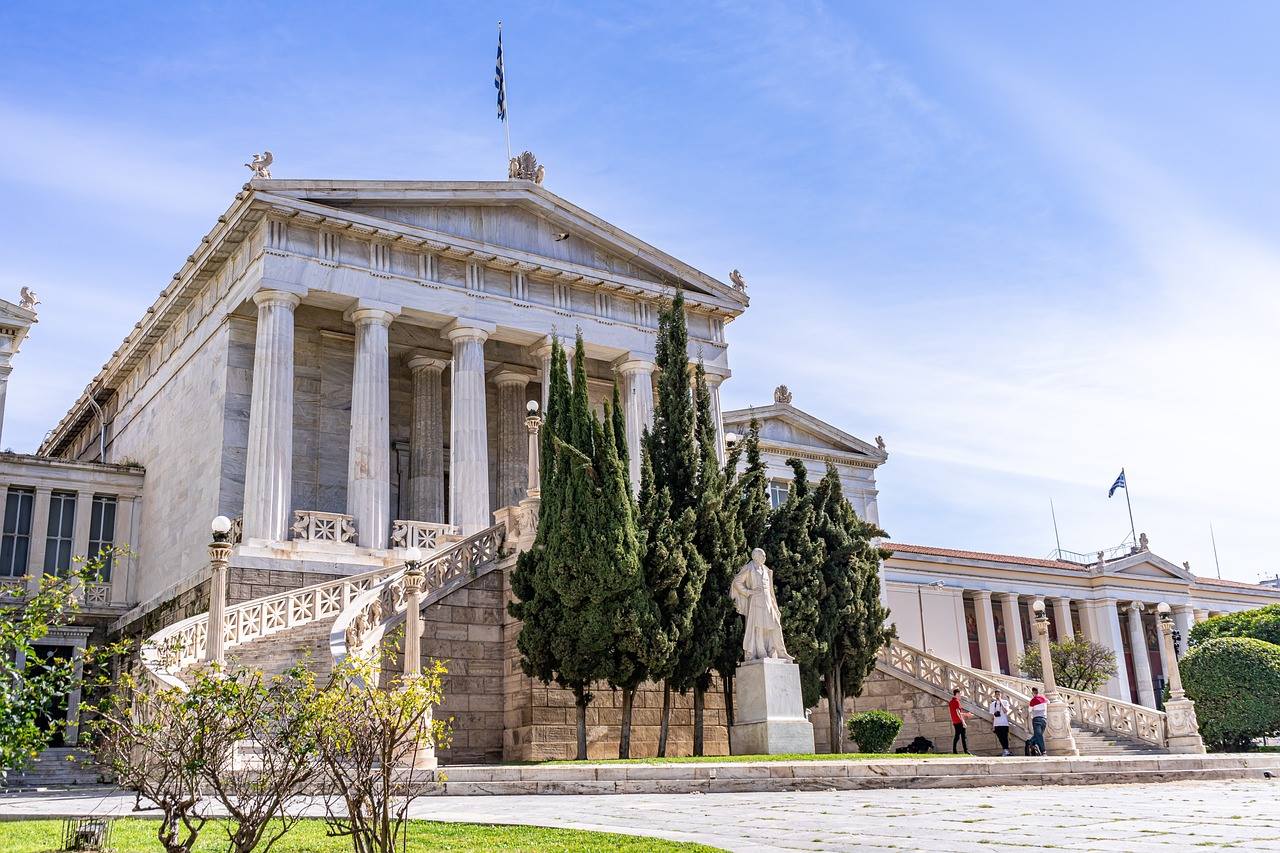OPINIONS
Anna Kynthia Bousdoukou
9 October 2024
What do India, Brazil, Hungary, Turkey, Poland, and the United States have in common? They are a part of a growing set of countries in which leading scholars of democracy have identified a troubling process of “democratic backsliding,” in which would-be authoritarian leaders have leveraged political polarization, non-representative institutions, and grievances over political and economic corruption to threaten or roll back democratic rights and freedoms.
This global decline in democracy presents a particular threat to institutions of higher education, which rely on democratic protections for academic freedom to perform their core functions of teaching and research. Yet the unique social position of higher education also makes such institutions well-suited to help repair and reverse democratic backsliding. In particular, research across the social sciences indicates six actionable strategies that institutions of higher education can pursue.
First, 21st century authoritarians typically cloak their anti-democratic actions in democratic rhetoric. Higher education institutions can leverage the expertise of their faculty in the social sciences to diagnose the strategies that would-be authoritarian leaders use to attack democracy and share their diagnoses with the public.
Higher education institutions are also critical free spaces for the conversations and discussions that lead to civic mobilization, especially among their students, and such civic mobilization is crucial for pushing back against democratic backsliding. Universities should thus defend their campuses against attempts to censor or repress free expression, particularly student protest, provided such protest follows basic norms of nonviolence.
Democratic backsliding is often fueled by “us versus them” polarization, which can blind supporters to the anti-democratic actions of their leaders. Colleges and universities are well positioned to establish spaces in their local communities to deliberate across differences, which a growing evidence base suggests reduces such polarization and can spark personal civic awakenings. They can also teach students the skills needed to do this deliberation well.
Democratic backsliding is driven by the actions of political elites. Higher education is a key formative environment for most of these elites. They can thus help develop democratic dispositions among both present and future elites through socializing future leaders into inter-personal networks that encourage democratic norms.
Colleges and universities can also shape the long-term views of their students through redesigning the curricula they teach. A robust civic education initiative builds understanding of how democratic backsliding works can dispel incomplete or inaccurate views of democracy and inform students of the importance of institutional constraints. This in turn can increase their sensitivity to the early stages of democratic backsliding, creating greater structures of accountability.
Finally, almost all current rigorous research on repairing democratic backsliding focuses on individual, short-term outcomes. Yet real-world democratic backsliding occurs over extended periods at the state or national level. Even the best individual-level changes may have little impact when those individuals are embedded in a backsliding democratic system. Thus, institutions of higher education should sponsor, fund, and conduct research that draws together individual interventions with local, state, and national-level outcomes over the long-term to provide more robust evidence on what interventions are most effective in changing these larger political trends.
Democratic backsliding is one of the 21st century’s most challenging “wicked” problems. Repairing it will be a long-term struggle, requiring coordination and cooperation across all sectors of society. Through pursuing whichever of these evidence-based strategies best fit their resources and social position, institutions of higher education can be a critical part of that struggle.
*This opinion article is published in light of the upcoming SNF Dialogues discussion, which will explore the role of universities in modern democracy.



